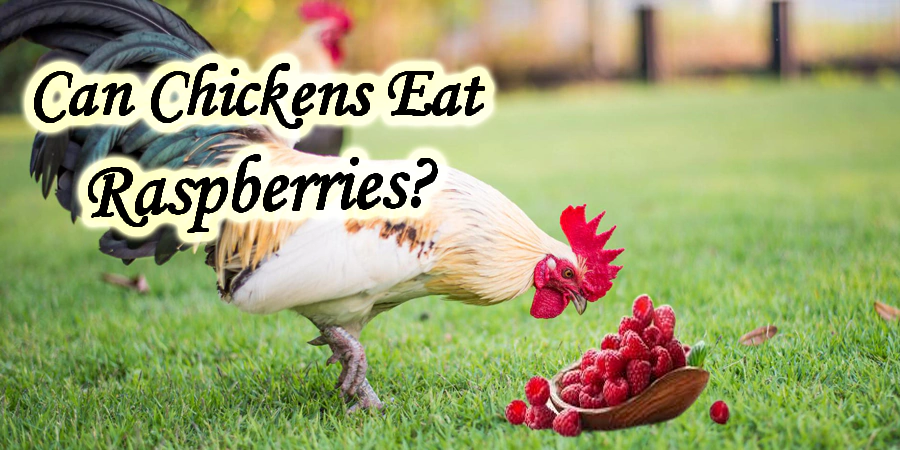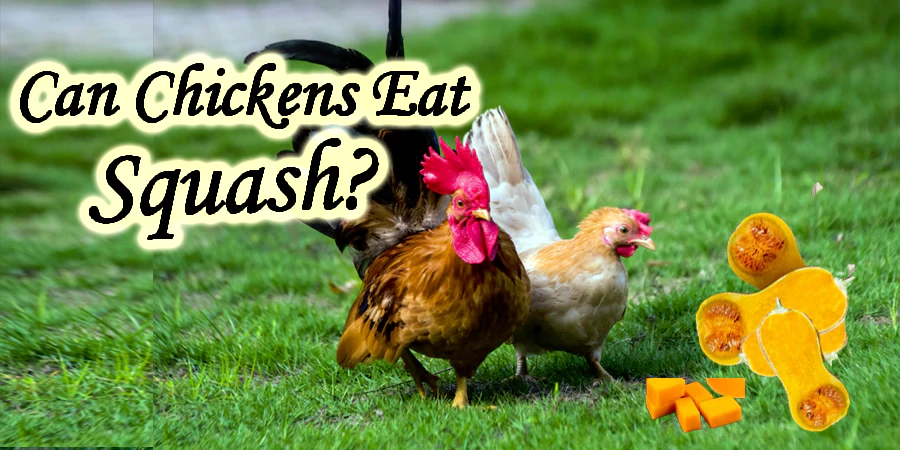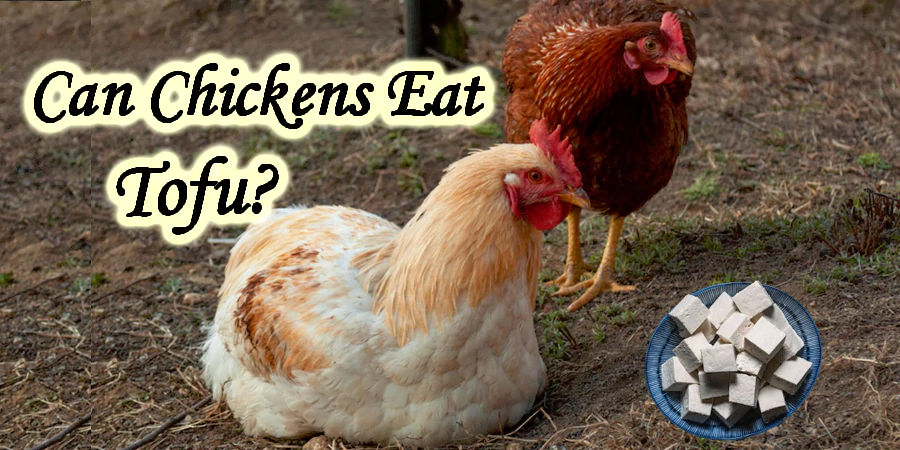Can Chickens Eat Raspberries? A Robust Debate
Published: 25 Mar 2024
From fruits and vegetables to worms chickens like to have a diverse diet plan. Juicy sweet foods are their favorites. We will delve into the realm of red juicy raspberries and resolve the mystery: can chickens eat raspberries? We will make a decisive analysis of the nutritional benefits of raspberries. The motive of the guide is to provide a clear understanding of various negative aspects of raspberries for chickens and how could you minimize these harmful effects. So, let’s explore the truth and discover whether our beloved flock can enjoy the sweet juicy treat.

Can Chickens Eat Raspberries? Let’s Start Our Debate
What Are Raspberries?
Raspberries are flavorful fruits that belong to a rose family called the genus Rebus. Raspberries are famous for their delicate texture and sweet-tart flavor. Raspberries are widely used for their healthy nutritional profile. Like humans, chickens also feel delighted after having raspberries in their diet.
Are Raspberries Safe for Chickens?
Yes, raspberries are safe for your flock if served in moderation. Raspberries can be a delightful addition to a regular diet of chickens with a plethora of nutritional benefits. You can serve raspberries to your poultry as a supplementary diet. To prevent health issues to chickens you must include fresh and ripe raspberries.
Nutritional Profile of Raspberries
A detailed breakdown of nutrients packed in raspberries will help you to decide on a definite understanding. Here are the key nutrients available in raspberries that improve the overall health of chickens.
- It contains vitamin C which supports the skin health of chickens.
- Raspberries are packed with vitamin K which improves bone health.
- Vitamin E protects the chickens from cell damage.
- Raspberries have potassium which improves neurological functions.
- The magnesium content present in raspberries improves muscle strength.
- Antioxidants are available in raspberries which improves immune functions.
- Dietary fiber is readily packed in raspberries which supports digestion.
- Raspberries are low low-calorie diet that helps in weight balance.
- Phytonutrients in raspberries support chickens to combat heart issues.
A Breakdown of Nutrients Per 100 Grams of Raspberries
| NUTRIENT | VALUE (100 G) | NUTRIENT | VALUE (100 G) |
|---|---|---|---|
| Calories | 52 kcal | Sugars | 4.4 g |
| Carbohydrates | 11.9 g | Protein | 1.5 g |
| Dietary Fiber | 6.5 g | Vitamin C | 26.2 mg |
| Fat | 0.7 g | Vitamin K | 7.8 mcg |
| Vitamin E | 0.9 mg | Manganese | 0.7 mg |
| Magnesium | 0.7 mg | Potassium | 151 mg |
| Folate | 21 mcg | Copper | 0.1 mg |
| Riboflavin (B2) | 0.1 mg | Niacin (B3) | 0.6 mg |
| Pantothenic Acid (B5) | 0.3 mg | Vitamin B6 | 0.1 mg |
| Iron | 0.7 mg | Calcium | 25 mg |
| Phosphorus | 29 mg | Zinc | 0.4 mg |
How to Prepare Raspberries for Chickens?
It is important to properly prepare raspberries before serving them to chickens. The preparation process is based on a few simple steps. You should select fresh and mold-free raspberries for safe ingestion. Moldy raspberries will lead to digestive problems in chickens. Additionally, you should prefer fully ripe raspberries which have sweet flavors. It is better to thoroughly wash raspberries with running water to clear dirt and pesticide residues.
After the decontamination process is completed, remove the stems and leaves by gently plucking them off. Considering the size of your chickens, chop the raspberries into small pieces. It will prevent choking hazards in baby chickens. It is advised to serve these mashed raspberries in moderation to avoid nutrient deficiency in chickens.
How Often Can You Give Raspberries to Chickens?
Although raspberries are packed with a wide range of nutrients helpful for chickens moderate feeding is very vital. We are convinced that raspberries are used only as an occasional diet. You can set the frequency according to the size and age of your flock. Twice a week use of raspberries will be enough for chickens. Careful observation will help you to adjust the interval limits for serving raspberries.
Can chickens eat raspberry flesh?
Yes, chickens can have raspberry flesh. The flesh of any fruit is the most delicious part for chickens. Chickens can easily peck at juice-filled sacs of raspberry flesh. It is the most nutritious part of raspberries. It contains minerals, vitamins, fiber, and antioxidant content which is helpful in the overall well-being of chickens. It is mandatory to check whether the raspberries are properly ripe and decontaminated. Vigilant monitoring is very important for chickens.
Can Chickens Eat Raspberry Seeds?
Yes, chickens can have raspberry seeds in their diet plan. It is consumable for chickens due to its small size and soft texture. Chickens will love to peck and forage the seeds along with flesh. Raspberry seeds did not contain any toxic properties with significant nutritional profile. It is important to serve fresh raspberry seeds. Moldy seeds will attract harmful bacteria that may lead to digestive issues. Follow the rule of moderation in that case.
Can Chickens Eat Raspberry Leaves?
Not recommended. Some chicken owners serve raspberry leaves to their flock but we are not in favor of its use for various reasons. Although leaves are not toxic they contain near to zero nutrients. They will result in creating nutritional imbalances in chickens. There are potential hazards of pesticide residues which are dangerous for chickens. The presence of tannins in leaves can’t be ignored because it can disturb the digestion in chickens. If you still want to opt for raspberry leaves then must ensure the limited volume.
Can Chickens Eat Raspberry Stems?
Not recommended. We are convinced that raspberry stems can create severe health issues for chickens. The hard stem may cause difficulties in the ingestion process and result in choking issues. It also creates digestive problems for chickens. Additionally, raspberry stems do not have enough nutritional value for chickens. How can poultry keeper compromise over the dietary needs of their flock? So, avoid using stems in chicken’s diet instead opt for some other diet like collard greens.
Can Chickens Eat Cooked Raspberries?
Yes, chickens can have cooked raspberries occasionally. The cooking process of raspberries may increase their palatability but reduce their nutritional value. That’s why we are not super excited to recommend the use of cooked raspberries for chickens. It is favorable to add these cooked raspberries to other dishes. Now it’s up to your personal choice. Use cooked raspberries in a small portion of your regular diet.
Can Chickens Eat Raw Raspberries?
Yes, chickens can have raw raspberries as an additional diet. Some chicken keepers prefer to serve raspberries in raw form. Chickens love to peck at raw raspberries. Raw raspberries contain a decent amount of nutrients (minerals and vitamins) that support the growth of young chickens. You must ensure fresh and decontaminated raw raspberries. Observe the reaction of your flock and keep its value to a minimum value.
Can Chickens Eat Frozen Raspberries?
Yes, chickens can eat frozen raspberries. Unlike cooked raspberries, frozen raspberries retain their nutritional properties. Chickens love to have frozen treats in the summer season. Always freeze the raspberries after cleaning them with water. It is not advised to use cold raspberries. Let them attain the normal temperature and then serve them to your flock. Serve frozen treats in moderation to your chickens.
Can Baby Chicks Have Raspberries?
Not recommended for baby chickens of less than eight weeks of age. Raspberries have a hard part which is difficult to consume for baby chicks. Additionally, it may cause digestive upset in young chicks. Therefore, we prefer serving them the starter diet. Chicks require an adequate quantity of nutrients for optimal development which is not possible with such additives. Raspberries may cause choking problems in baby chickens. So, considering these hazards we are not in favor of its use for baby chicks.
Can You Feed Moldy Raspberries to Chickens?
Never. Serving moldy raspberries to your flock will cause severe health issues. Moldy food is more prone to toxins which can be fatal for chickens. Most of the time chicken keepers serve overripe raspberries to their chickens which possesses the mold. So avoid using overripe raspberries. Carefully monitor any signs of disturbances in your flock after serving raspberries to them.
Health Benefits of eating Raspberries for chickens
We are reinstating throughout our debate that understanding of benefits will help you to make decisions. Keep in mind that these benefits are linked with proper preparation and moderate serving of raspberries. Here are some of the beneficial properties of Raspberries.
|
Harmful Effects of Eating Raspberries for Chickens
It is beneficial for chicken owners to know the adverse effects of raspberries on chickens. Excessive use of raspberries will increase the chances of health issues for chickens. To mitigate these harmful outcomes you must ensure moderation.
|
Other Types of Berries
There is a wide range of berries available that can replace raspberries according to your preferences. The main types of berries are:
- Cranberries
- Blueberries
- Blackberries
- Strawberries
- Elderberries
- Goji berries
Conclusion:
After a robust debate, we are convinced that chickens can eat raspberries. Raspberries stems and leaves are prohibited for their diverse effects on chickens. It is better to serve raw form of raspberries than cooked but after proper decontamination. We are not recommending the use of raspberries for baby chickens. We have reinstated the fact that you can only serve raspberries as a supplementary diet. Keep the portion of raspberries less than 10% of the total diet. Careful monitoring of chickens after serving raspberries plays a vital role in identifying any sort of allergic reaction and their remedial.

- Be Respectful
- Stay Relevant
- Stay Positive
- True Feedback
- Encourage Discussion
- Avoid Spamming
- No Fake News
- Don't Copy-Paste
- No Personal Attacks

- Be Respectful
- Stay Relevant
- Stay Positive
- True Feedback
- Encourage Discussion
- Avoid Spamming
- No Fake News
- Don't Copy-Paste
- No Personal Attacks


